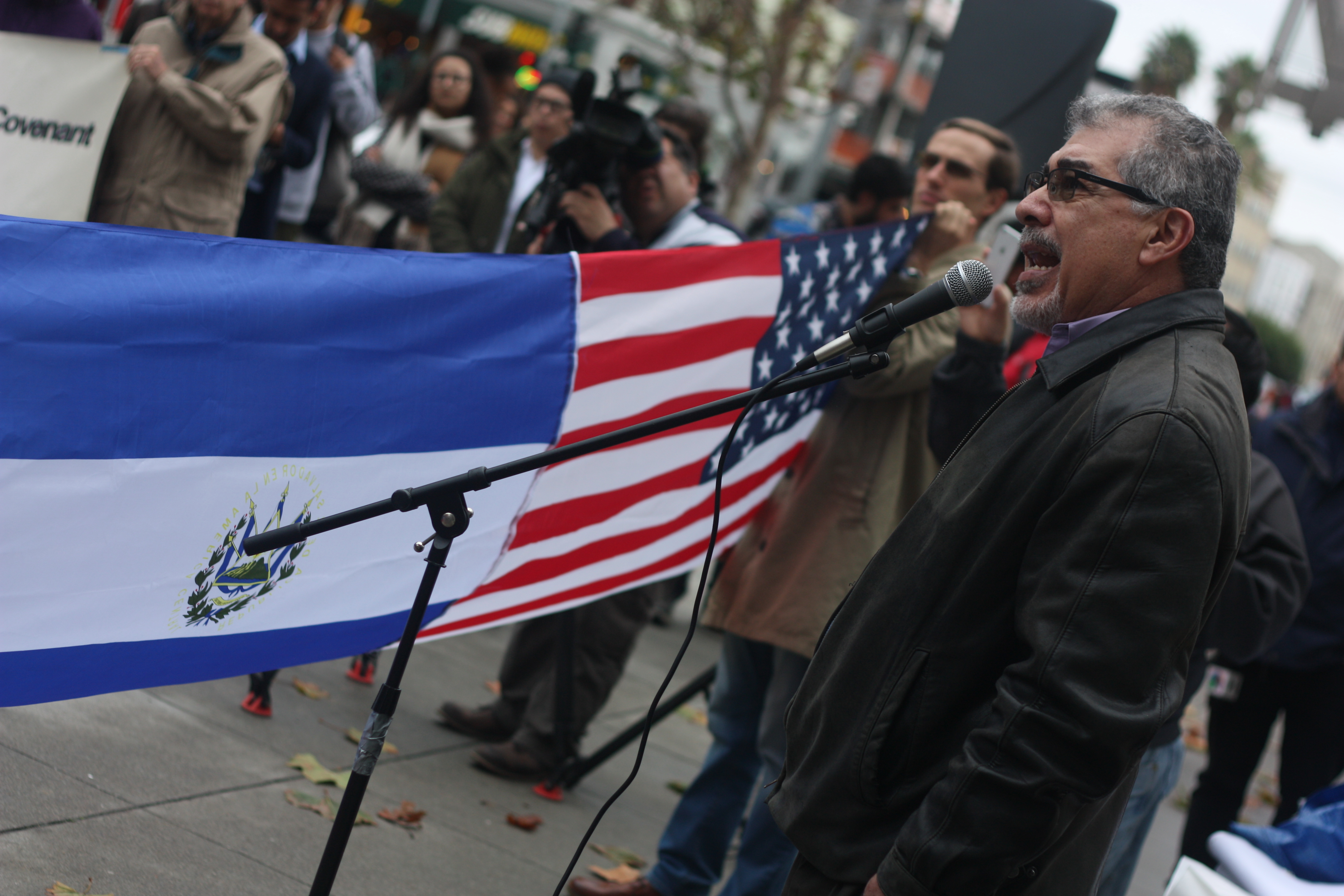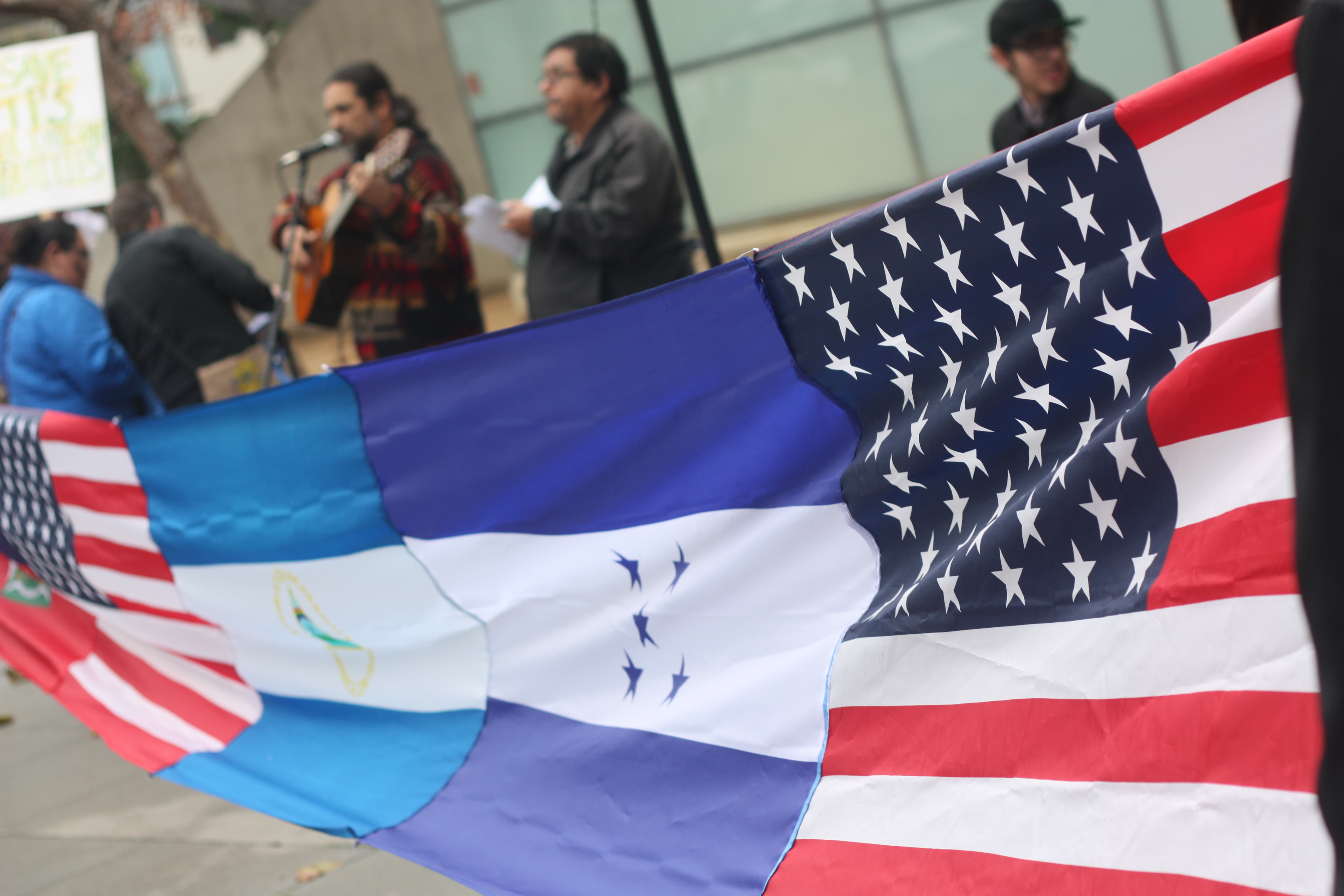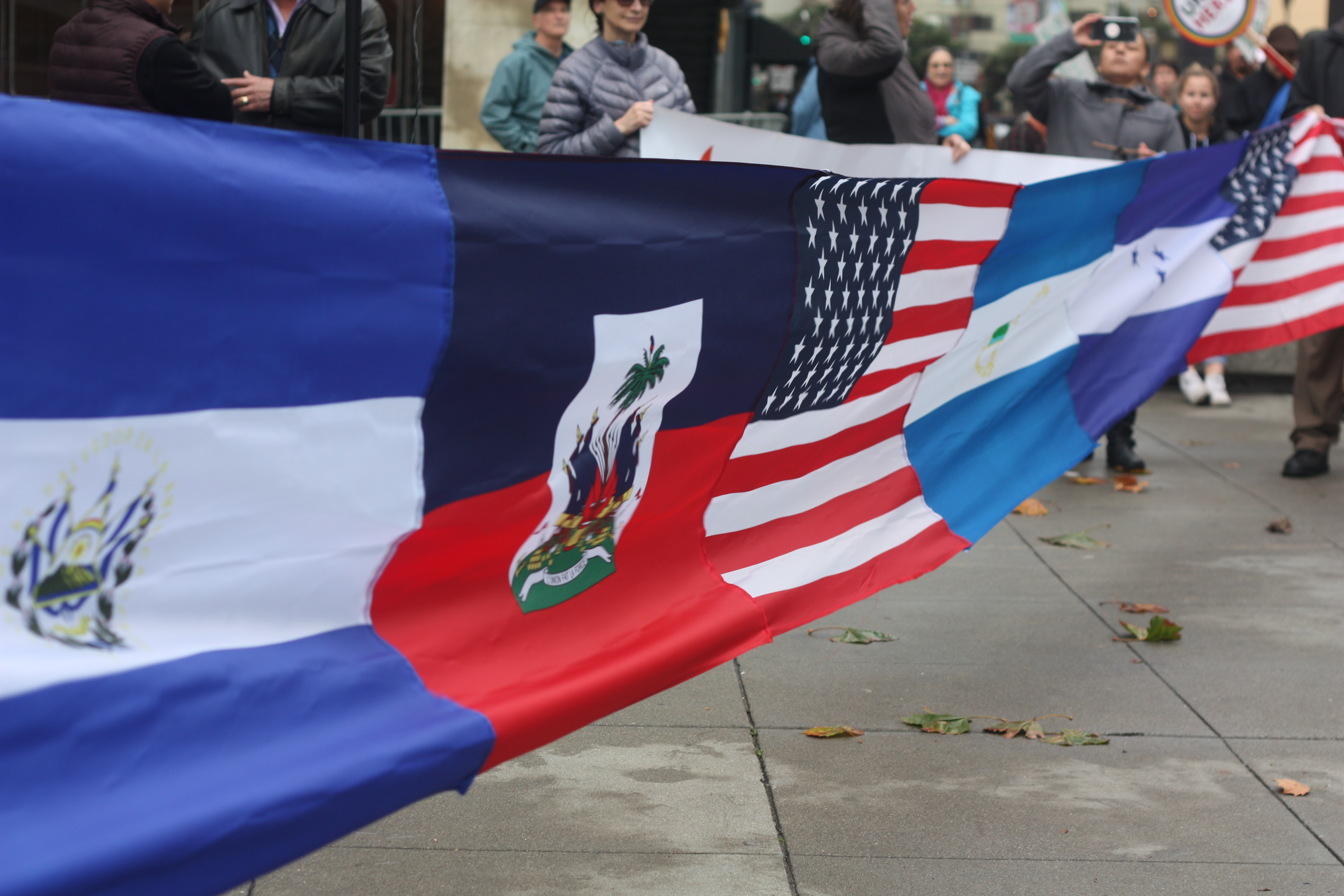TPS immigrants given an ultimatum
By Janeth R. Sanchez
On Jan. 8, the Department of Homeland Security ended the Temporary Protected Status (TPS) for Salvadorans. The same happened to Nicaraguan and Haitian beneficiaries at the end of last year, while Hondurans were left waiting for a final decision that will be announced in the next few months.
DHS provided final extensions of 12 to 18 months so they could arrange their departure or legal status adjustments.
As of October, the Congressional Research Service estimated there are approximately 254,550 Central American immigrants on TPS living across the United States. Among them, 195,000 are from El Salvador, 57,000 from Honduras, 2,550 from Nicaragua and an additional 46,000 from Haiti.
TPS designations for Salvadorans started in 1992 as a temporary relief from the 12-year civil war that engulfed the country. However, a new designation was granted in 2001 after the country underwent two deadly earthquakes.
For Honduran and Nicaraguan nationals, designations started in January 1999 after they suffered the devastating effects of hurricane Mitch in October 1998. For Haitians, designations started after the catastrophic earthquake in January 2010.
TPS has allowed these immigrants to have social security numbers and temporary work permits renewable on a case-by-case basis every six to 18 months. Both the Bush and Obama administrations approved TPS extensions.
Retired City College professor Susan Lopez, who taught English as a Second Language students, witnessed the demographic change in her classrooms during the late ‘80s and ‘90s, when 60 percent of her ESL students were coming from Central America.
“The grounds of this decision are mostly based in politics which unfortunately, hurts individuals,” Lopez said.
She added that the U.S. government can’t disregard the time that these people have been here, which allowed them to build their own lives. “There’s nothing temporary about 20 years. Now this is the place they call home. Sending them back just because it doesn’t suit our political interests…it’s inhumane, it doesn’t make any sense.”
Lopez also affirmed that cancellation of TPS will negatively impact the future of City College enrollment, freeing up housing that will likely be gentrified for a new population.
A 2017 TPS study conducted by the Center for Migration Research at University of Kansas found that “61 percent of TPS responders had all their children living in the United States.”
A 2017 study by the Center for Migration Studies of New York showed there’s roughly 273,000 U.S.-born children that will be in limbo if their mixed-status families are separated.
According to Laura E. Enriquez, Ph.D. in Sociology and professor in Chicano/Latino Studies from University of California Irvine, these children would be suffering from what she coined as a Multigenerational Punishment: “A distinct form of legal violence wherein the sanctions intended for a specific population spill over to negatively affect individuals who are not targeted by laws.”
Though her study focused on U.S. citizen children to undocumented parents, the same concept applies to children with TPS parents whose futures are being drastically changed.
Many of these children are in college or about to finish high school, and won’t have housing, financial stability or emotional support if their parents have to leave the country. Consequently, these students could be forced to dropout of school.
Additionally, younger children will have to move back with their parents to their native country where economic and living stability is uncertain, Lopez suggested.
Fabricio Garcia Lemus, a San Francisco-based lawyer and public notary from El Salvador who frequently goes back and forth between the two countries, said “El Salvador is not prepared to receive these people and their families; there’s not enough infrastructure and the country is too small, already saturated with low paid professionals.”
Uprooting TPS holders will also create a labor shortage that could very realistically lose 45.2 billion dollars in Gross Domestic Product (GDP) over the next decade, according to the report Economic Contributions by Salvadoran, Honduran, and Haitian TPS holders published by the Immigrant Legal Resource Center.
Deporting TPS holders would cost taxpayers 3.1 billion dollars, and would reduce 6.9 billion dollars of contributions to Social Security and Medicare, according to the same report.
Karl Kramer, a coordinator for the Committee in Solidarity with the People of El Salvador (CISPES) who organized the Rally to Save Temporary Protected Status for Immigrants last fall at Civic Center, said “We don’t expect the Trump administration to do anything about immigration. We are demanding our congress representatives to take action and support the propositions that had been passed to save TPS like the American Promise Act HR4253.”
Due to the sensitive nature of immigrant status, City College officials contend that they refrain from collecting such information.
Likewise, Voices of Immigrants Demonstrating Achievement (VIDA) and the Latino Services Network (LSN) at City College do not keep record of students’ status to protect their identities and well-being.
Students and their family members who lost their TPS can seek assistance from CARECEN SF (415) 642-4400, International Institute of the Bay Area (415) 538-8100 ext. 206, Catholic Charities Refugee and Immigrant Services (415) 972-1200, East Bay Sanctuary Covenant (510) 540-5296, La Raza Centro Legal (415) 575-3500, Immigrant Legal Resource Center (415) 255-9499, and CISPES (202) 521-2510.



